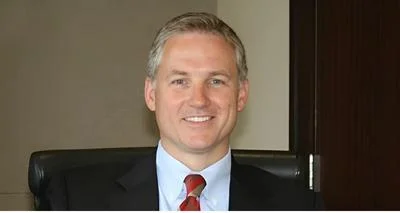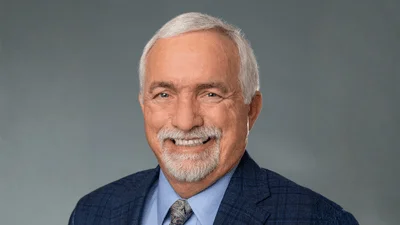“We all agree that a good-paying job is the best way out of poverty. But the problem with the Temporary Assistance for Needy Families program (TANF) right now isn’t a problem with the incentives being right for individuals or employers. Low-income parents want to work and make a better life for their families. Employers want to hire workers who can do the job, and do it well.
“The problem is that the incentives are wrong for state governments. States are currently spending only 8 percent of TANF funds - funds designated to move people from welfare to work - on work activities. Even when you include all the activities related to TANF’s core purposes, including the child care assistance low-income parents need in order to be reliable employees, states are still diverting more than half of their TANF funds to other purposes.
“It’s especially frustrating that states aren’t investing in work, because today we know a lot more about the best ways to connect low-income parents with good, sustainable jobs than we did in 1996. Early welfare studies might have suggested that “work first"-pushing people into the first available job, no matter how unstable or low-paying -- was just as effective as education and training, even though that contradicts everything we know about how valuable education is in our modern economy. But further research has shown that the right education or a skills upgrade is just as valuable for welfare recipients as it is for everyone else. In fact, a new study of Colorado welfare recipients found that career-oriented community college credentials, ranging from certifications to associates’ degrees, led to “large and significant earnings gains." Unfortunately, the 12-month limit on education and training in the current TANF law strongly discourages this strategy, since these credentials often take longer than 12 months to earn.
“Community college is just one of many ways to help welfare recipients become the kind of employees that employers want to hire, retain, and promote. I’m looking forward to hearing from Dr. Christopher King about his research on two of the most promising strategies for lifting welfare recipients out of poverty - career pathways programs and two-generation poverty reduction, which simultaneously helps parents and children. Unfortunately, states have not had an incentive to invest in these promising strategies because we are not holding them accountable for their diversion of funds or for poor employment outcomes for welfare recipients.
“We should also not forget that TANF recipients are parents, and even the most motivated parents can’t be reliable employees if they don’t have access to quality child care. The Congressional Research Service estimates that only 17 percent of eligible families receive help from the child care block grant, and state TANF investment in child care has dropped off sharply since the 1990s. I have introduced legislation to guarantee access to quality child care for children under age four, something that would simultaneously improve outcomes for children and working parents.
“I look forward to working with Chairman Buchanan to re-focus TANF on work and hold states accountable for getting results. A lot of parents who want to make a better life for their families are counting on us."








